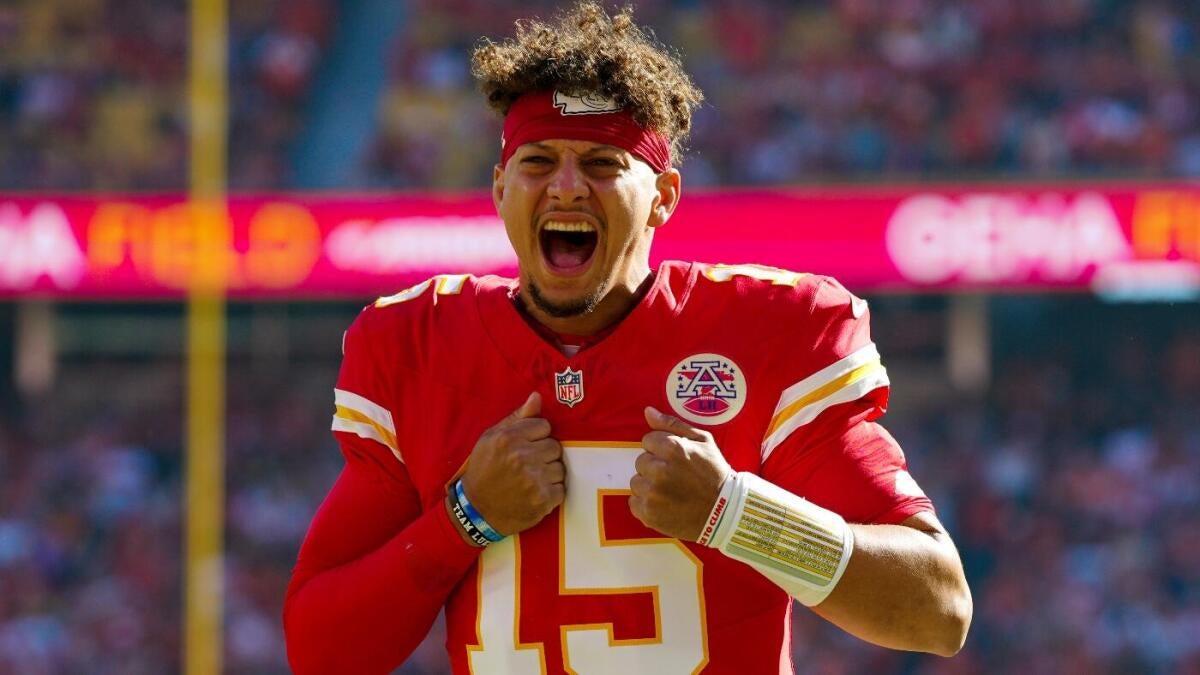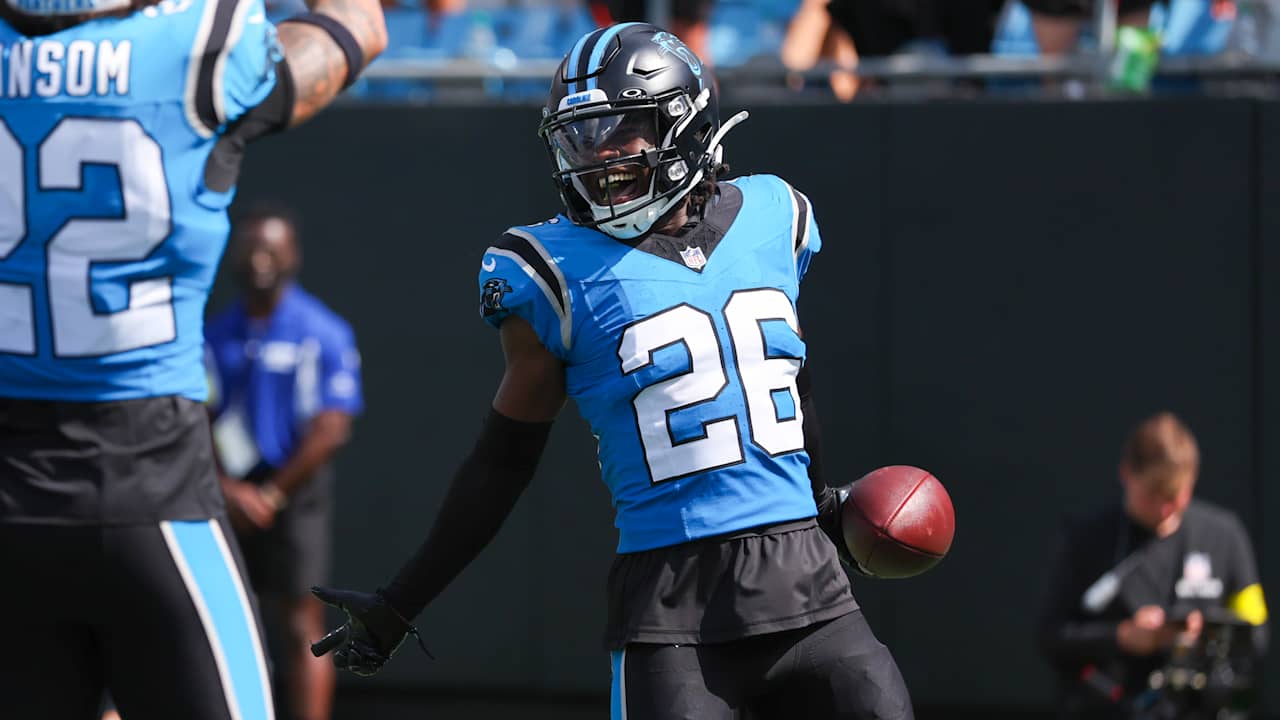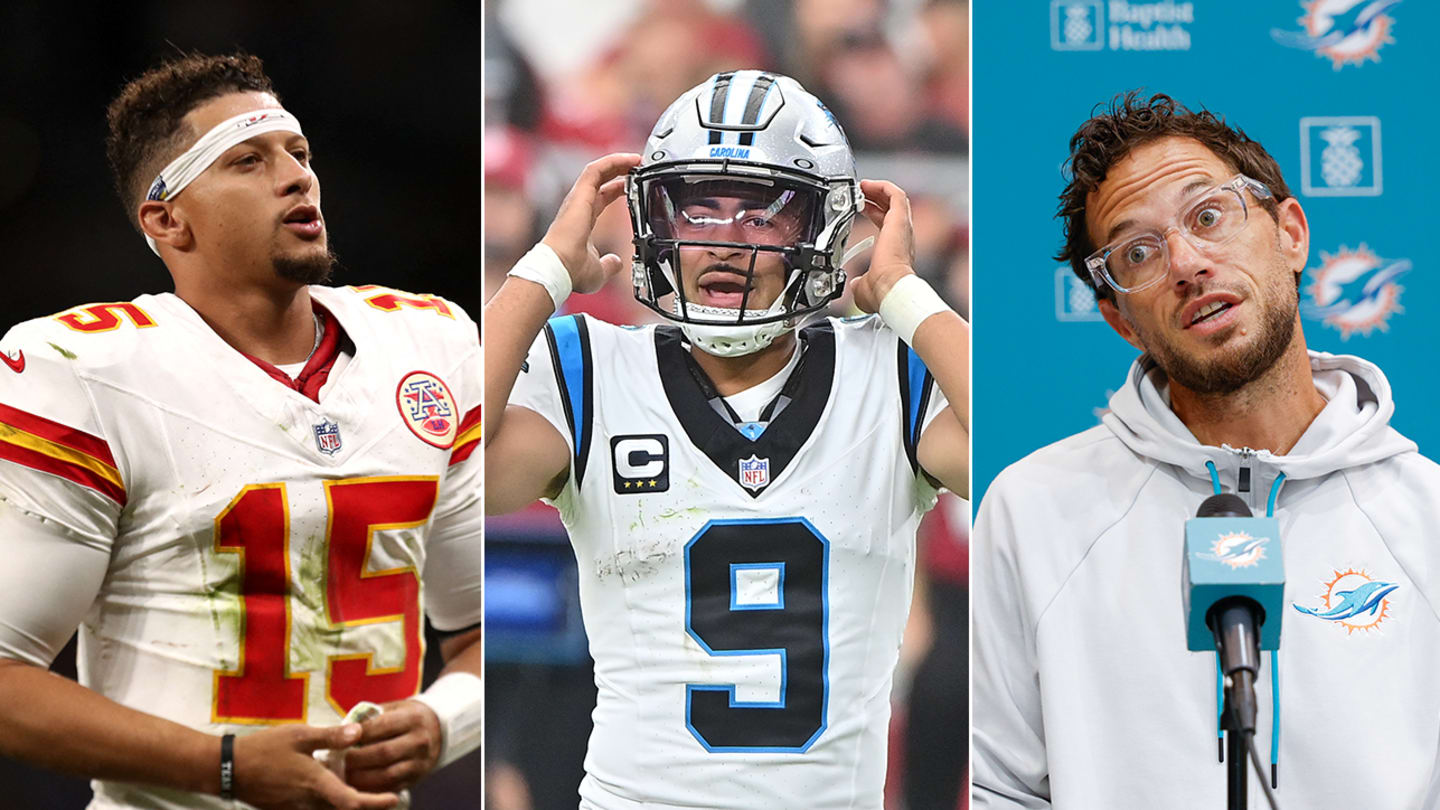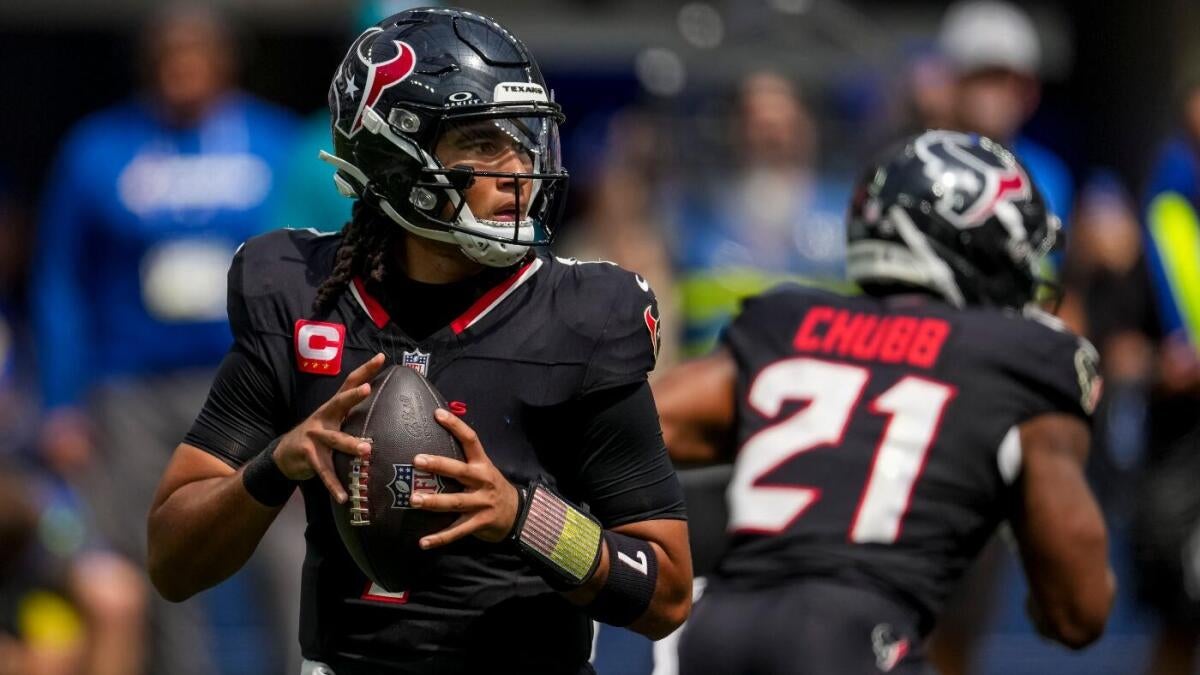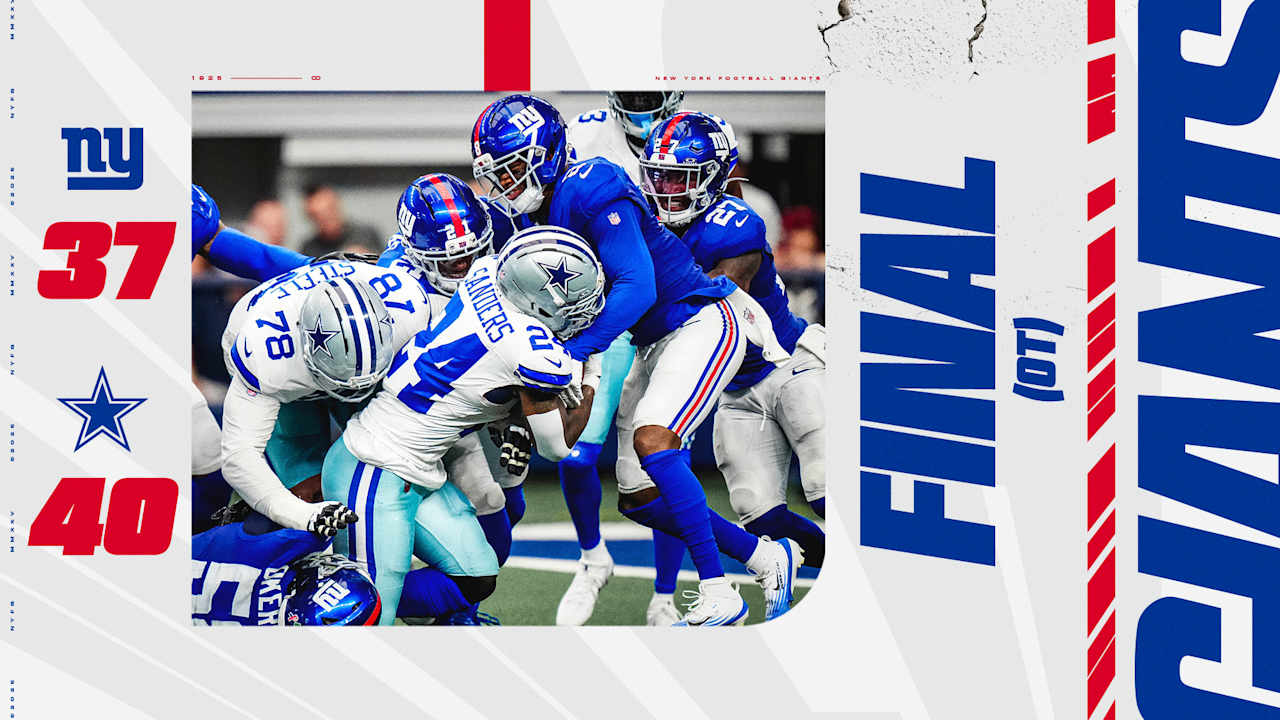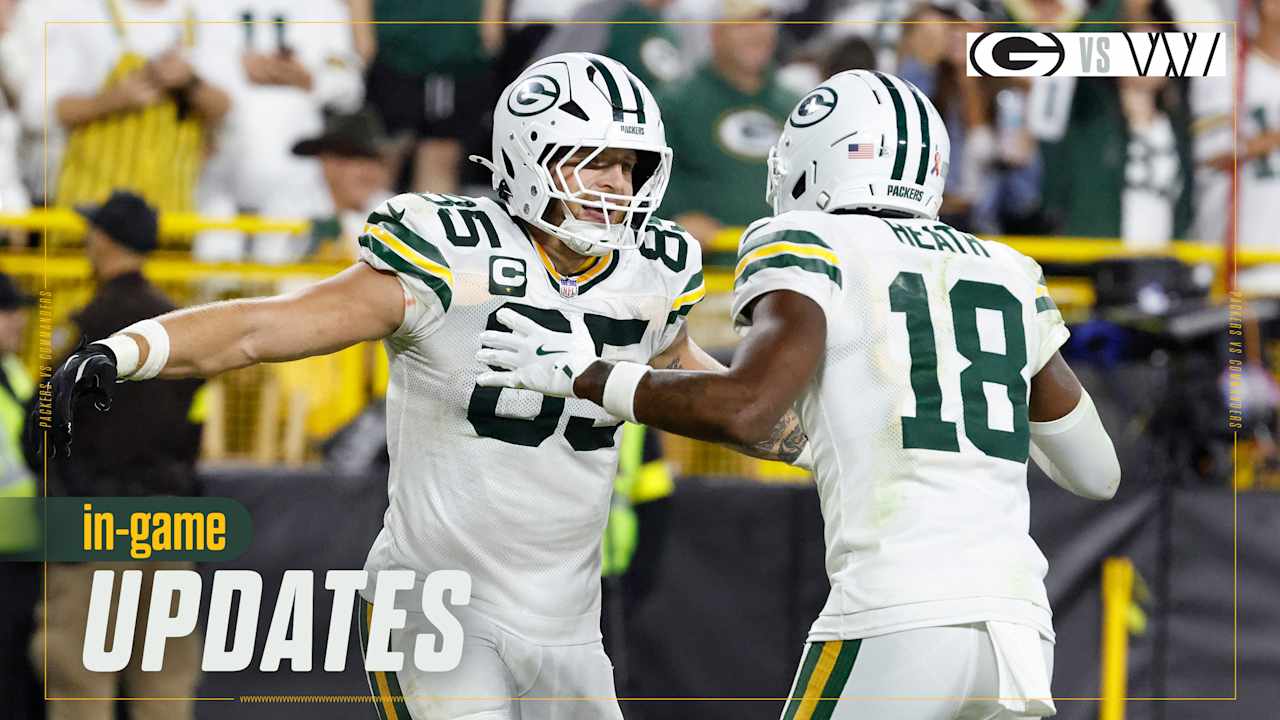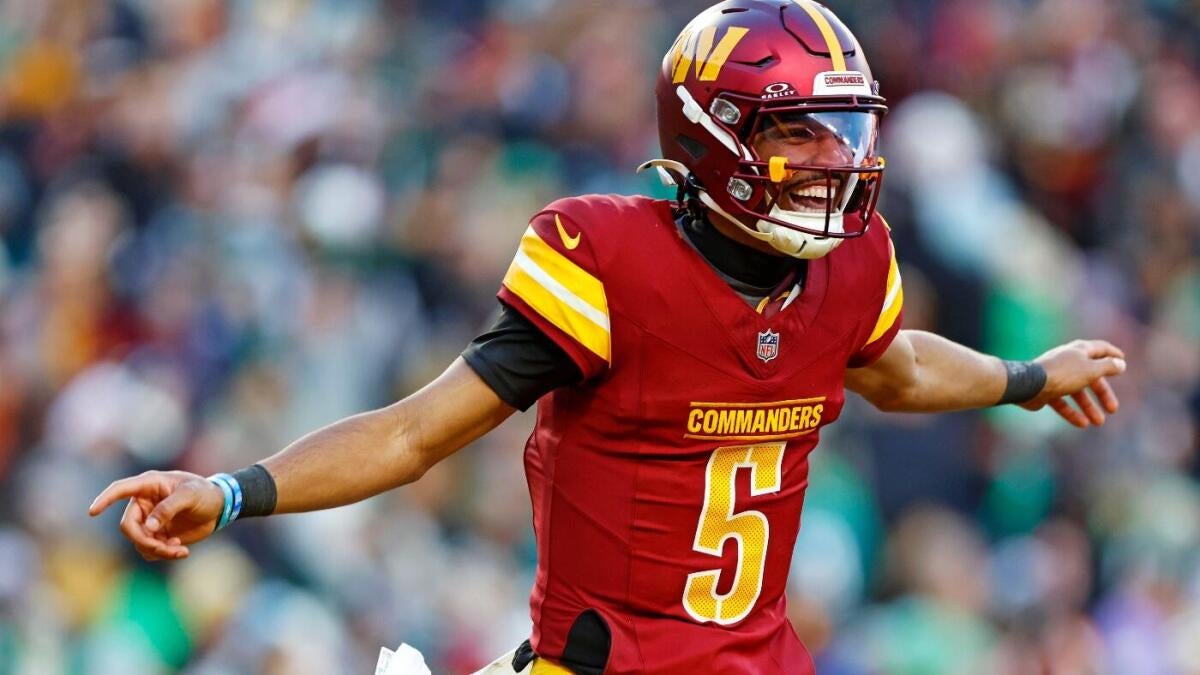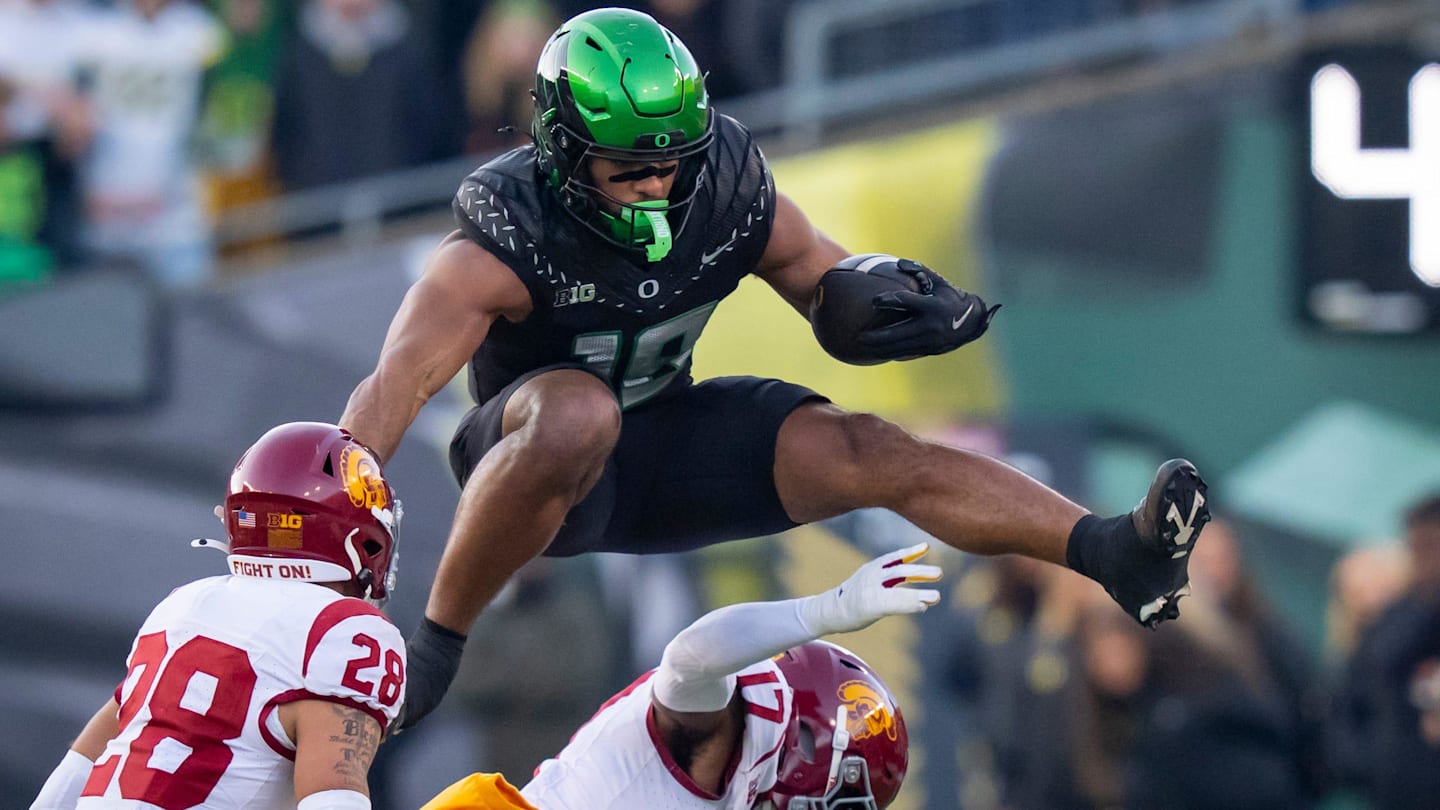NFL Week 3 Breakdown: Blocked Kicks Lead to Chaos
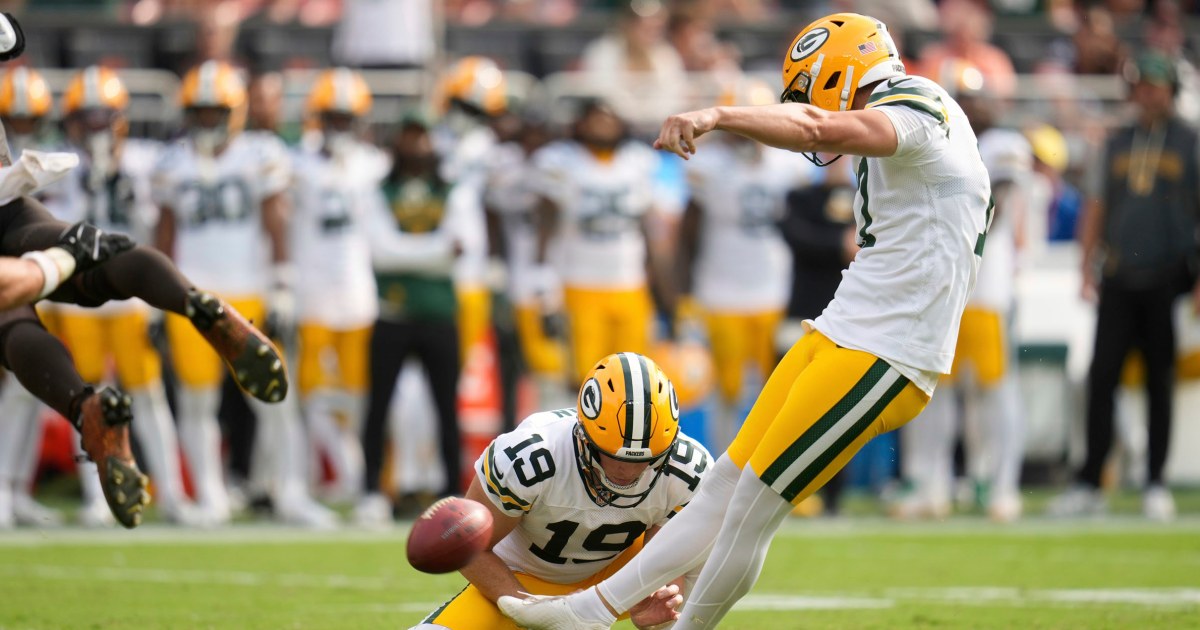
Introduction
The NFL season is in full swing and Week 3 brought some unexpected twists and turns. The Los Angeles Rams, the Green Bay Packers and the Tampa Bay Buccaneers all appeared to have clear paths to victories, but were ultimately denied by blocked kicks. These unexpected game-changing moments have thrown NFL games into chaos, leaving fans and players alike stunned. The stakes are high and every point matters in the highly competitive world of professional football.
Key Details
The blocked kicks during Week 3 were not just a coincidence, but a result of strategic plays and calculated risks. In the case of the Los Angeles Rams, kicker Greg Zuerlein was attempting a 44-yard field goal when the Cleveland Browns' Denzel Ward made a crucial block. The Green Bay Packers' Mason Crosby also faced a block from the Denver Broncos' Justin Simmons, while Tampa Bay Buccaneers' Matt Gay saw his kick blocked by the New York Giants' Dexter Lawrence. These moments not only changed the outcome of the games, but also sparked debates about the effectiveness of special teams and the importance of every player on the field.
Impact
The blocked kicks have not only affected the specific games, but also have potential implications for the rest of the NFL season. The unexpectedness of these plays highlights the importance of adapting and being prepared for anything in the fast-paced world of professional football. It also serves as a
About the Organizations Mentioned
Los Angeles Rams
The Los Angeles Rams are a storied franchise in the National Football League (NFL), renowned for their innovation, business acumen, and on-field success. Founded in 1936 as the Cleveland Rams, the team struggled through its early years before achieving its first NFL Championship in 1945. The following year, owner Dan Reeves made a bold move, relocating the franchise to Los Angeles, making the Rams the first NFL team on the West Coast. This pioneering decision not only expanded the league’s geographic footprint but also set the stage for future technological and business advancements in professional sports. Reeves’ leadership was marked by innovation: he signed Kenny Washington and Woody Strode, breaking the NFL’s color barrier in 1946, and introduced the “Free Football for Kids” program, which helped lay the groundwork for modern television broadcasting strategies. The Rams’ popularity surged in the 1950s, winning another NFL title in 1951 and becoming the first team to have all their games televised, a move that revolutionized sports media. Over the decades, the Rams have won two Super Bowls (1999 and 2021) and have been at the forefront of integrating technology into fan engagement, stadium operations, and player performance analytics. Their current home, SoFi Stadium in Inglewood, California, is a state-of-the-art venue that exemplifies the intersection of sports, entertainment, and technology. Today, the Rams remain a major force in the NFL, known for their dynamic offense, savvy management, and commitment to innovation. Their history reflects a blend of business foresight and technological adaptation, making them a compelling case study for those interested in the evolving landscape of sports organizations.
Green Bay Packers
The **Green Bay Packers** are a unique professional American football team based in Green Bay, Wisconsin, competing in the NFL’s NFC North division. Founded in 1919, they are the only major U.S. sports franchise organized as a **publicly owned nonprofit corporation**, held by over 538,000 stockholders as of 2025, with no individual allowed to own more than 4% of shares. This community ownership model has been key to the team's longevity in the smallest NFL market and is grandfathered under league rules limiting ownership structures[2][3]. The organization was originally incorporated in 1923 as the Green Bay Football Corporation and renamed Green Bay Packers, Inc. in 1935. Unlike other teams privately owned by individuals or corporations, the Packers operate under a community board of 43 directors including former players, local business leaders, and officials, who volunteer without financial compensation and provide governance oversight. The team president acts as the de facto owner, currently transitioning from Mark Murphy’s tenure, with the general manager and head coach reporting directly to the president—a structure admired by other NFL franchises[1][8]. On the field, the Packers are one of the NFL’s most historically successful teams, boasting **13 league championships** including **4 Super Bowl titles**, and winning the first-ever Super Bowl under legendary coach Vince Lombardi, for whom the trophy is named. Their home, Lambeau Field, is an iconic stadium known for its rich history and passionate fan base[3][6][7]. Beyond football, the Packers contribute to the community through the Green Bay Packers Foundation, supporting charitable causes and youth programs, reinforcing their identity as a community-centric organization[3]. Despite recent competitive challenges, the Packers remain a storied franchise known for innovation, fan engagement, and a business model that blends sports with community ownership and nonprofit management, making them a singular case study in the sports business landscape[2][4].
Tampa Bay Buccaneers
The **Tampa Bay Buccaneers** are a professional American football team based in Tampa, Florida, competing in the National Football League (NFL) as part of the National Football Conference (NFC) South division. While the Buccaneers are not typically associated with business or technology, their organizational structure and achievements offer insights into successful team management and strategic planning. ### History and Achievements The Buccaneers joined the NFL in 1976 as an expansion team, initially struggling with a league-record 26 consecutive losses. However, they quickly turned their fortunes around, reaching the NFC championship game in their fourth season. The team achieved significant success in the early 2000s, winning Super Bowl XXXVII in 2003, marking their first world championship. They secured their second Super Bowl title in 2021, winning Super Bowl LV. The Buccaneers have a strong legacy with 11 Pro Football Hall of Famers and 14 members in their Ring of Honor[4][8]. ### Current Status As of the 2025 season, the Buccaneers are performing well, currently standing at 5-1 in their division. They are led by Head Coach Todd Bowles, who has received high praise from players for his efficiency and receptiveness to feedback[5][6]. The team's ownership, the Glazer family, has faced mixed reviews from players regarding investment in facilities and team culture[5]. ### Notable Aspects - **Strength Coaching**: The Buccaneers have one of the top strength coaching programs in the NFL, with players praising the individualized plans they receive[5]. - **Facilities and Travel**: While the team's travel arrangements have been criticized for lack of comfort, they have a well-regarded training facility, the AdventHealth Training Center[4][5]. - **Community Engagement**: The Buccaneers are actively involved in community initiatives, though specific details on technology or business innovations are limited. Overall, the Tampa Bay Buccaneers are a successful sports organization with a rich history and strong team
Cleveland Browns
The **Cleveland Browns** are a professional American football team based in Cleveland, Ohio, competing in the National Football League (NFL) as a member of the American Football Conference (AFC) North division. Founded in 1944 by businessman Arthur B. "Mickey" McBride and coach Paul Brown, the Browns began play in 1946 in the All-America Football Conference (AAFC), where they dominated by winning all four league championships before the AAFC folded in 1949. The team then joined the NFL and maintained early dominance, reaching the NFL championship game every year from 1950 to 1955 and winning three titles during that period[2][3]. Named after their first coach Paul Brown, who is considered a pioneer of modern football, the Browns built a legacy of success with legendary players such as Jim Brown, widely regarded as one of the greatest running backs in NFL history. The franchise won a total of eight league titles (including AAFC and NFL championships) and 18 division trophies in its early decades, making it one of professional football’s dynasties[1][7]. Ownership shifted several times, notably to Art Modell in 1961, who controversially fired Paul Brown in 1963. The team won its last NFL championship in 1964 but struggled to reach the Super Bowl despite multiple AFC Championship game appearances in the 1980s under quarterback Bernie Kosar[2][3]. The Browns faced a major upheaval when Modell relocated the franchise to Baltimore in 1996, causing the team to be temporarily deactivated until it was reactivated as an expansion franchise in 1999[4]. Since their revival, the Browns have struggled with consistency and performance, often ranking among the NFL’s weaker teams. However, recent seasons have shown improvement, including a playoff win in 2020—their first since 1994. The team plays home games at FirstEnergy Stadium and is currently owned by Jimmy and Dee Hasla
Denver Broncos
The **Denver Broncos** are a professional American football team based in Denver, Colorado, competing in the National Football League (NFL) as a member of the American Football Conference (AFC) West division. Founded in 1960 as a charter member of the American Football League (AFL), the Broncos joined the NFL following the AFL-NFL merger in 1970[1][3][7]. Initially struggling in their first decade, with no winning seasons until 1973, the Broncos transformed into a competitive franchise by the late 1970s. Their breakthrough came in 1977 when they reached their first Super Bowl (XII), propelled by the famed "Orange Crush" defense under coach Red Miller[1][2][4]. The arrival of legendary quarterback John Elway in 1983 marked a new era, leading the team to five Super Bowl appearances between 1986 and 1998, winning back-to-back championships in 1997 (XXXII) and 1998 (XXXIII)[1][2][3][4]. After Elway’s retirement, the Broncos remained competitive, notably signing future Hall of Famer Peyton Manning in 2012. Under Manning, Denver reached two Super Bowls, securing victory in Super Bowl 50 in 2016, their third championship[3][4][6]. The team is well-known for its strong fan base and home-field advantage at Empower Field at Mile High, a stadium renowned for its high altitude and passionate atmosphere[3][7]. Currently owned by the Walton-Penner group, the Broncos continue to innovate and compete under new leadership, including head coach Sean Payton who joined in 2023. Their valuation by Forbes in 2025 stands at $6.8 billion, making them the 13th most valuable NFL franchise[3]. The Broncos have a rich history of success, with eight AFC championships and three Super Bowl titles, and have contributed nine members to the Pro Football Hall o
New York Giants
The **New York Giants** are a professional American football team competing in the National Football League (NFL), marking their 101st season in 2025. Established in 1925, the Giants are one of the league’s oldest franchises with a rich history of competitive success, including multiple Super Bowl victories and NFL championships, making them a storied and influential organization in sports[1]. Their operations encompass team management, athletic development, and fan engagement, supported by a robust front office including head coach/general manager Brian Daboll and Joe Schoen. Historically, the Giants have achieved notable success with eight league championships and four Super Bowl titles, highlighting their role as a cornerstone franchise in the NFL. However, recent seasons have been challenging; the Giants finished with a disappointing 3–14 record in 2024, leading to a rebuild phase focused on new talent like linebacker Abdul Carter, selected in the 2025 draft[1][2]. The team aims to rebound in 2025 by addressing roster gaps, particularly in defense, and improving overall team performance to end their 13-year division title drought—the longest active in the NFC[1]. From a business and organizational perspective, the Giants also emphasize player and family support systems. In 2025, they received mixed reviews from the NFL Players Association, scoring highly in coaching and strength training but noting areas needing improvement such as locker room facilities and family communication. The team has introduced a family room at the stadium and enhanced player accommodations, reflecting a commitment to holistic athlete welfare[4]. Technologically, like many NFL teams, the Giants leverage advanced analytics and sports science to optimize player performance and game strategy, integrating data-driven approaches in coaching and player development[2]. Their current status reflects a blend of tradition and innovation as they strive to regain competitive stature while enhancing organizational culture and player support.
